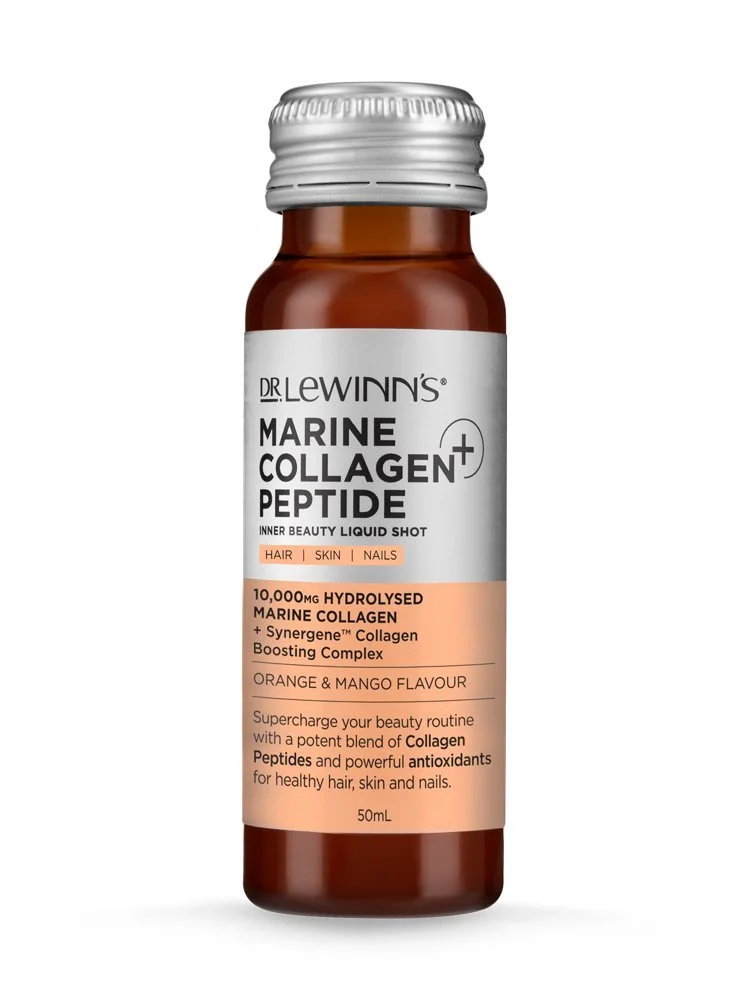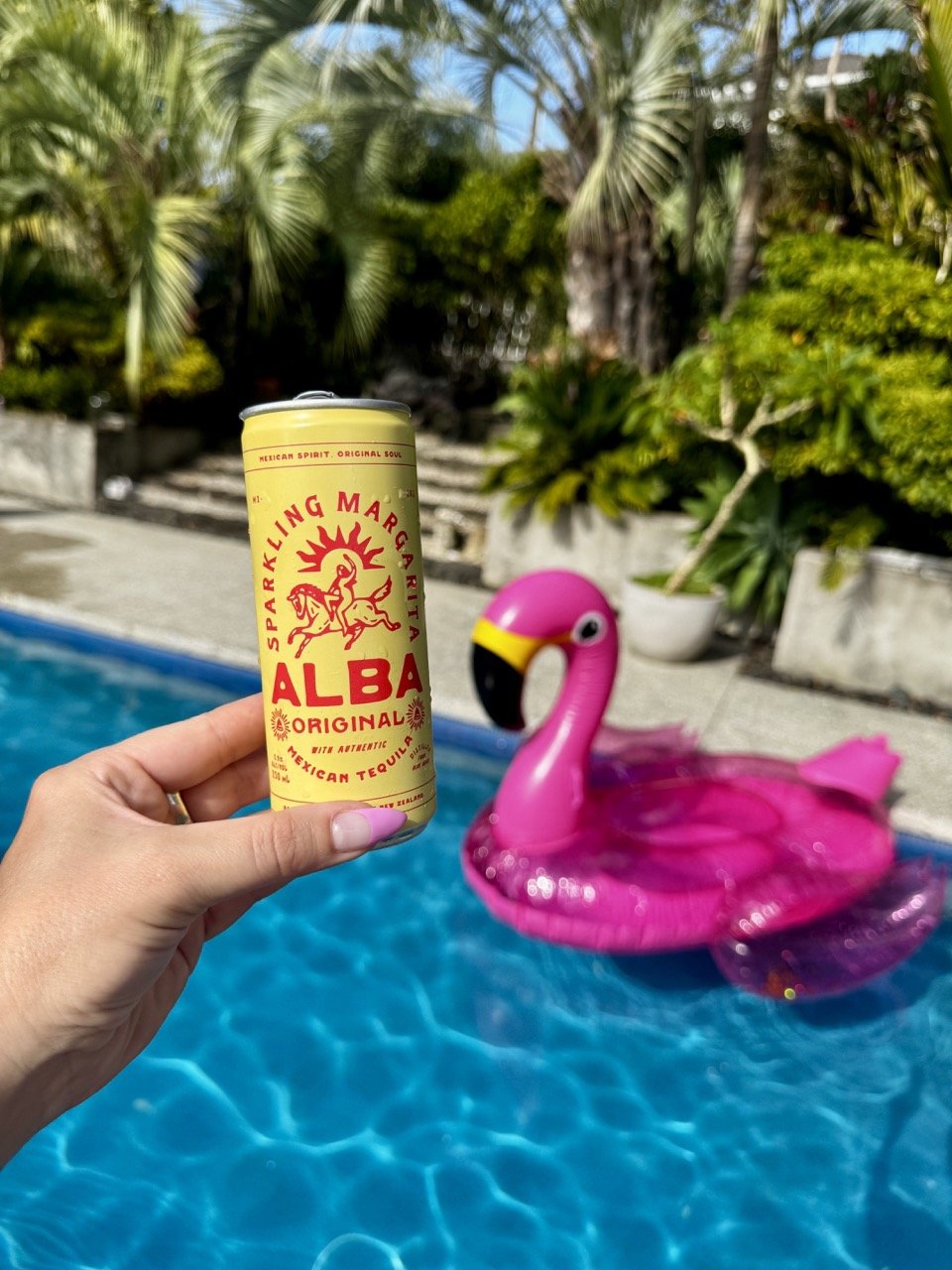Collagen is one supplement we swear by, and we have written many posts about its virtues. With that comes the debate, so here are the most commonly asked questions on the benefits of taking collagen daily.
By editor Trudi Brewer.
Image BeautyEQ
Supplements are on a roll, and edible beauty is set to grow to a staggering 368 billion dollar industry by the end of 2022, according to data from the Intelligence Research Group Zhiyan Consulting in China. Our continued fascination with ingestible beauty includes niacinamide, anthocyanins, hyaluronic acid and collagen, all in the quest for more hydrated smoother-looking skin, stronger nails, and thicker hair. Today you can buy collagen shots, powders and pills and with the vast amount of choice comes those questions. Here we have answers and the collagen supplements we rate.
Why do we need a collagen supplement?
Our body is made of protein, and collagen is the protein in your muscles, skin, blood, bones, cartilage, and ligaments. Your body needs that protein to build and repair those tissues and to make enzymes, hormones, and other body chemicals. Sadly as we age, we produce less collagen naturally, so we need to boost our reserves, especially if we have a protein-light diet.
What role does C-vitamin play in collagen absorption?
Many studies prove vitamin C has the potential to increase collagen synthesis and reduce oxidative stress in the body. As we age, our natural collagen levels begin to decrease, which is why cramming your diet with foods rich in vitamin C and protein can help boost those levels and collagen in the body; also brilliant for keeping your skin firm and glowing.
What is the recommended amount of collagen in one day?
Before starting your collagen journey, ensure you know how much you need. An adult needs between 1 and 1.5 grams of protein per 1 kg of body weight, so if you are 60 kg, you should eat 90 grams daily in different forms such as milk, eggs, meat and yoghurt. Along with fat and carbohydrates, protein is a macronutrient, meaning the body needs relatively large amounts of it. However, unlike fat and carbohydrates, your body does not store protein, so it has no reservoir to draw on. Most brands recommend 10 grams of collagen per day as a supplement, but if you’re active, have joint pain, or your hair, skin, and nails lack smoothness and strength, you can take up to 30 grams daily.
DR. LEWINN'S MARINE COLLAGEN PEPTIDE+ INNER BEAUTY LIQUID SHOT, 10 X 50ML, $60.
This collagen is a concentrated shot of sustainably sourced, hydrolysed marine collagen, boosted by vitamin C, to help with collagen absorption. Along with blueberry juice and spinach powder, this shot has everything a woman needs to feel on top of her game. These ingredients help hydrate the skin from the inside out daily while strengthening the hair and nails. Also, this liquid shot is dairy and gluten-free and has no artificial colours or flavours. There is also a peach variant.
How much collagen should I take each day?
Before you start, ensure you know your body's collagen needs. An adult needs between 1 and 1.5 grams of protein per 1 kg of body weight, so if you are 60 kg, you should eat 90 grams daily in different forms such as milk, eggs, meat and yoghurt. Along with fat and carbohydrates, protein is a macronutrient, meaning the body needs relatively large amounts of it. However, unlike fat and carbohydrates, your body does not store protein, so it has no reservoir to draw on. Most brands recommend 10 grams per day as a supplement, but if you're a very active lifestyle, have joint pain, or your hair, skin, and nails lack smoothness and strength, you can take up to 30 grams daily.
When can I expect to see results?
That comes down to your commitment. Ideally, it would be best to take collagen every day. Then after three months, you should start noticing firmer skin and stronger hair and nails. You should notice a difference in three to six weeks for joint pain. With all collagen supplements, consistency is key.
How should I take collagen?
Finding a formula you like that is hydrolysed in a powder, pill, or liquid is ideal. Most brands recommend taking collagen with water, in a smoothie, sprinkled over cereal, or heat-treated collagen supplements can be added to coffee, tea and baking.
SWISSE BEAUTY COLLAGEN GLOW POWDER, $33.
There is a reason this collagen powder is number one in China; it’s the iridescent, sparkly formula that adds a little magic to any smoothie or a simple glass of water. Each serving contains 2.5 grams of collagen-hydrolysed peptides bolstered by vitamins E & C, acai, Himalayan goji, and grape seed. This antioxidant blend helps support skin elasticity and firmness. The formula is free from gluten, yeast, and eggs.
Can I take collagen supplements during pregnancy and breastfeeding?
Hydrolysed collagen is a pure protein and can be taken during pregnancy and lactation. Any age can benefit from collagen; however, always check with your doctor if you’re unsure.
Is there any reason you should not take a collagen supplement?
You probably don't need extra collagen if you eat a high-protein diet crammed with milk, eggs, cheese, yoghurt, and meat. But for most of us, keeping our diets healthy and consistent is always challenging. If you are unsure, check with your doctor. Routine urine or blood tests can easily and quickly measure your body’s protein levels.
Is plant-based collagen effective?
While animal-derived collagen is direct from the source, vegan alternatives may still have value. While plant-based collagen supplements won’t provide the body with a direct source of collagen, they may help the body's natural production of collagen.
What about if I am vegetarian? Are there any options that are not animal bi-products?
If you can’t eat meat, are allergic to seafood, or choose to be vegetarian, there is an option for you. Derived from the eggshell membrane, this latest collagen formulation created by a naturopath fills that gap nicely.
CLINICIANS VEGE COLLAGEN, 60 VEGETARIAN CAPSULES, $45.
Formulated by a naturopath using evidence-based ingredients for naturopath Jane Cronin from Clinicians, choosing sustainable collagen that would appeal to vegetarians was a no-brainer. "We were looking for a suitable vegetarian ingredient, so we were very excited to find the Ovoderm™ eggshell collagen." As effective as marine and bovine collagens on the market, Ovoderm™, is specifically for anyone who does not eat meat. Boosted with bamboo extract rich in silica (to strengthen hair and nails) and plant-based ExceptionHYAL™, sodium hyaluronate (a hyaluronic acid derivative) from wheat and corn. Cronin adds sustainability was also top of mind when selecting ingredients. "Eggshell membrane is a waste product of the food industry. Over one billion eggshells are repurposed yearly to make Ovoderm™ powder, a great way to reduce waste and benefit the beauty industry. "























Style-inspiring and captivating.